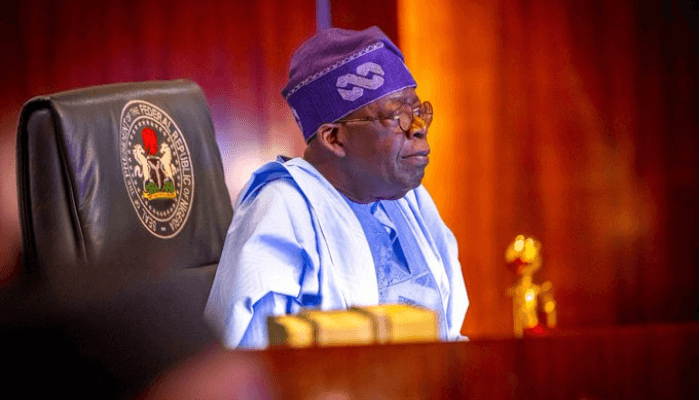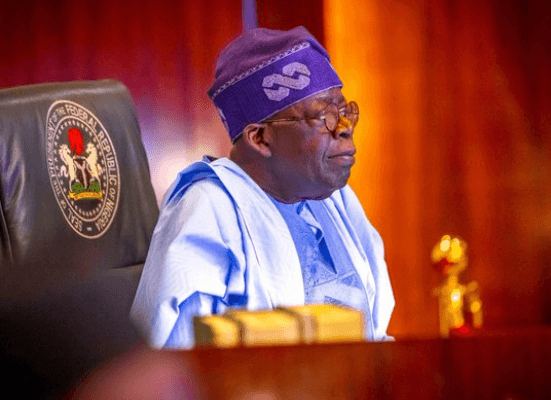President Bola Ahmed Tinubu is set to meet with executives of Nigeria’s power generation companies (GenCos) in a critical move to address the ballooning N4 trillion debt threatening the stability of the nation’s power sector.
The proposed meeting comes amid growing concerns over the solvency of GenCos, who have raised alarm over delayed payments for electricity already supplied to the national grid. The debt comprises N1.9 trillion in legacy arrears and an additional N2 trillion owed for energy generated in 2024.
This development follows a recent emergency meeting convened by the Minister of Power, Adebayo Adelabu, with key players in the power generation segment, held in Abuja. At the meeting, the GenCos warned that continued non-payment for energy services could push them to shut down operations, potentially triggering a systemic collapse of the national grid.
Speaking after the meeting, Adelabu assured that the Federal Government is committed to resolving the crisis. He said plans are underway to clear the debt through a combination of cash payments and promissory notes within a six-month period.
“Government is not unaware of the liquidity challenges in the sector. We are finalizing modalities to settle the outstanding payments to GenCos, beginning with an immediate cash intervention,” the minister stated.
He also noted that President Tinubu is personally engaging with the issue and will hold talks with GenCo executives to reinforce the government’s readiness to stabilize the sector.
Chairman of the Association of Power Generating Companies (APGC), Col. Sani Bello (Rtd), said the debt burden has crippled the ability of GenCos to maintain operations and fulfill contractual obligations, including servicing loans and paying gas suppliers.
“We are at a breaking point. The debt has made it almost impossible for many GenCos to operate efficiently. Without urgent intervention, the country could face a severe power supply crisis,” he warned.
The power sector in Nigeria has faced repeated challenges since the privatization of the generation and distribution arms in 2013. While reforms have aimed to improve efficiency and service delivery, issues around liquidity, tariff regulation, and transmission bottlenecks have persisted.
Adelabu also called for broader reforms, including the introduction of cost-reflective tariffs to attract private investment, while assuring that vulnerable Nigerians would continue to enjoy targeted subsidies.
As the nation awaits the outcome of the meeting with the president, industry watchers are hopeful that the intervention will offer a long-term solution to the perennial challenges bedevilling Nigeria’s electricity supply.

